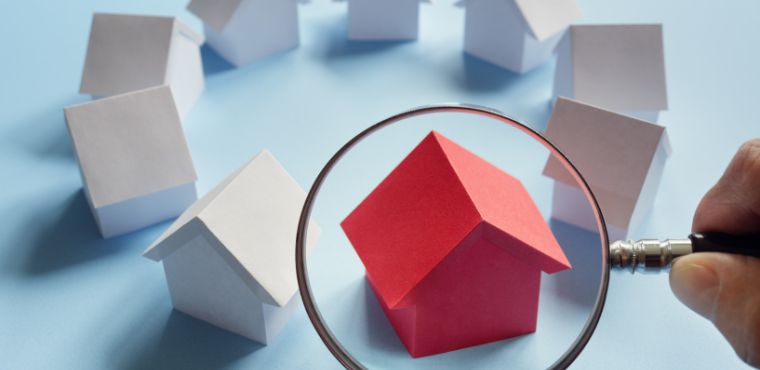Embarking on the path of homeownership is not just an adventure where paint swatches become part of your daily vocabulary and furniture placement turns into a fun yet challenging puzzle. But before you can turn the key and step into your new abode, there’s one critical task that stands between you and your dream home: the home inspection. This process, while essential, can often seem intimidating, particularly for those diving into the realm of real estate for the first time. But fear not because it is possible to break down this seemingly complex procedure into a manageable process. Learning what to expect from your first home inspection will prime you for the process and help ensure everything goes off without a hitch.
Common Issues Unearthed During Home Inspections
While every home is unique, there are several issues that commonly crop up during inspections. Structural problems top the list and can include anything from foundation cracks to uneven floors. Another regular offender is the roof, where issues like missing or damaged shingles and leaks often reveal themselves. Plumbing problems, such as outdated systems or slow drains, are also common, as are electrical issues, such as faulty wiring or an inadequate electrical panel. Remember that while these issues may seem daunting—especially when stacked together—they’re not necessarily deal-breakers. They simply give you a more accurate picture of what you’re buying and can be helpful in negotiating the final purchase price of a property.
Different Types of Tests Conducted During Home Inspections
Home inspections are comprehensive evaluations that look at various aspects of the property. The inspection will typically include a review of the home’s structure, including the foundation and roof. The inspector will also check the heating and cooling systems, plumbing and electrical systems, doors and windows, and insulation and ventilation. Additionally, some inspectors will conduct specific tests for radon, mold, or asbestos, especially if the home is older or there are signs of potential issues. It’s important to note that these additional tests may require an extra fee. Always discuss what an inspection includes before getting started to ensure you and the inspector are on the same page.
Interpreting Your Home Inspection Report
Once the inspection is complete, the inspector will provide a detailed report of their findings. This document can appear overwhelming at first glance, with its long list of potential issues and technical jargon. However, it’s essential to remember that the report covers both minor and major issues, so there’s no need to panic when you see multiple entries. Each issue will typically be categorized as a safety concern, a major defect, or a minor defect. Safety concerns and major defects are the ones to pay most attention to as they could impact the home’s value or your safety. Minor defects, while worth noting, aren’t usually immediate deal-breakers. If you have trouble understanding any part of the report or are concerned about what to expect from your first home inspection, don’t hesitate to ask your inspector for clarification. They can provide valuable insight into which issues are critical and which are merely routine maintenance tasks.







